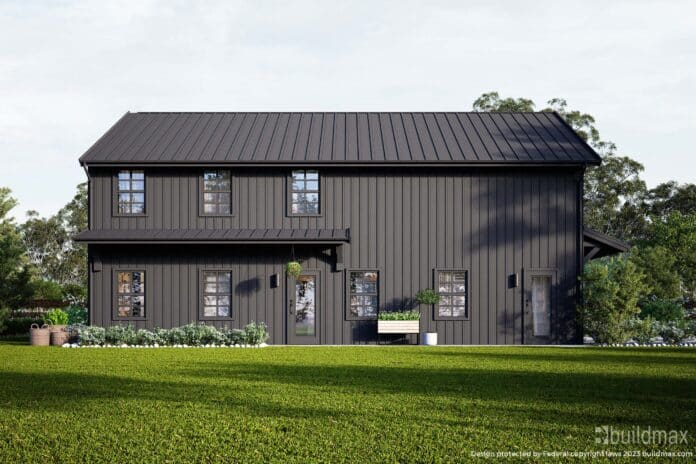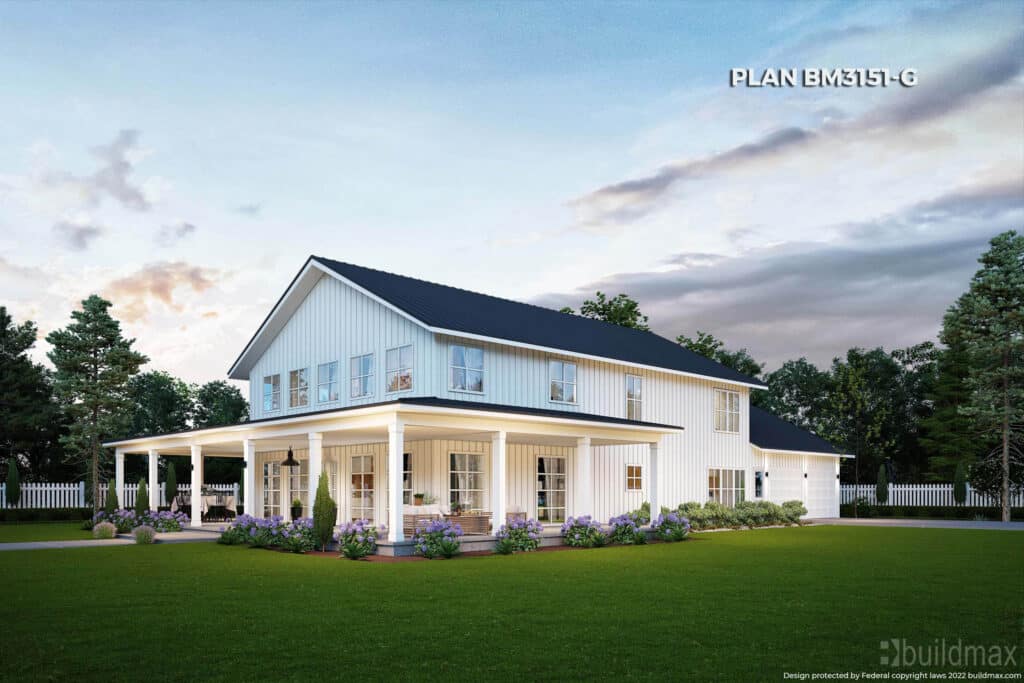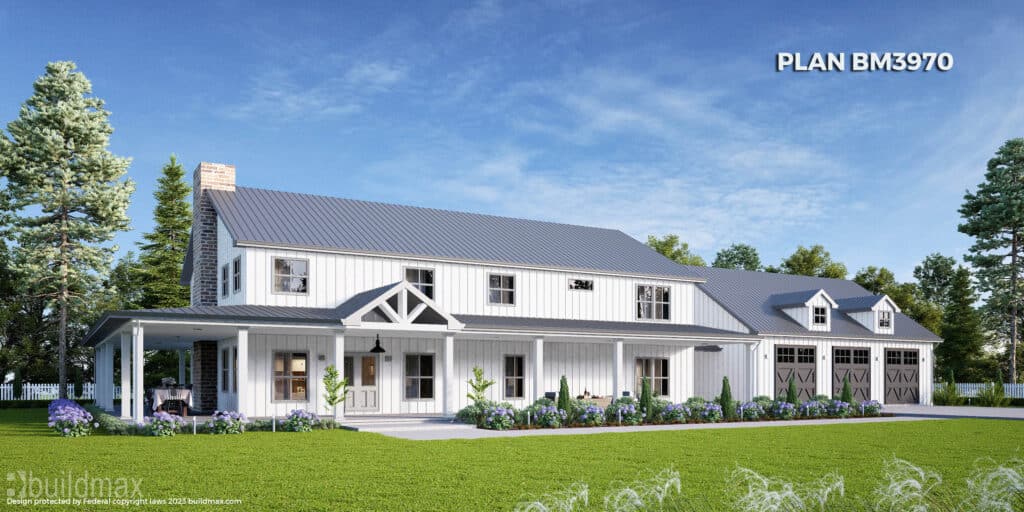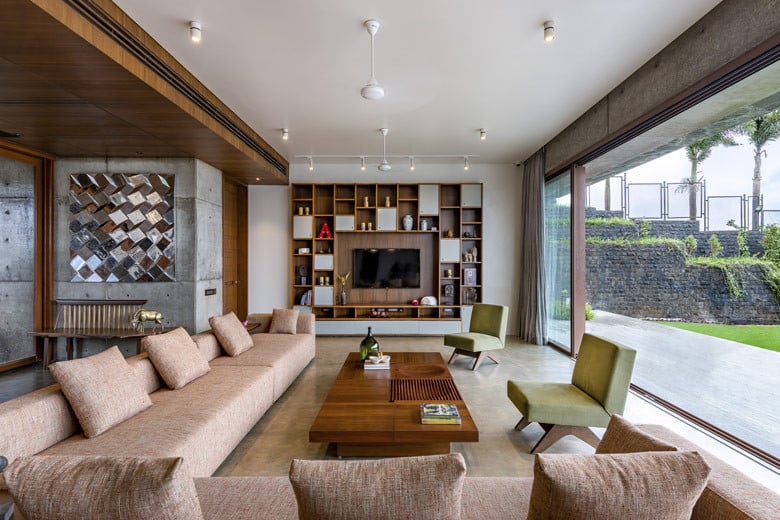In recent years, the concept of a “barndominium” has gained popularity in the real estate world. A barndominium is a unique hybrid structure that combines the functionality of a barn with the comfort and style of a traditional home. These versatile buildings have become particularly appealing to those looking for a cost-effective and innovative housing solution. Besides their practicality and aesthetic charm, barndominiums offer several tax advantages that can make them an even more attractive investment. In this article, we will explore these tax benefits and why they make building a barndominium a smart financial move.
Understanding Barndominiums
Before delving into the potential tax advantages, it’s essential to understand what a barndominium is. Essentially, a barndominium is a type of metal building or pole barn that has been converted into a residential space. The term “barndominium” is a portmanteau of “barn” and “condominium,” reflecting the dual-purpose nature of these structures.
Typically, a barndominium features a large open space on the ground floor, often used for storage, parking, or as a workshop. The upper level is transformed into a living space, complete with bedrooms, bathrooms, a kitchen, and all the amenities of a traditional home. The design possibilities are virtually endless, allowing homeowners to customize their barndominiums to suit their specific needs and preferences.
Tax Advantages of Building a Barndominium
1. **Lower Construction Costs**: One of the primary tax advantages of building a barndominium is the potential for lower construction costs compared to a traditional home. Barndominiums are often more cost-effective to build because they require fewer materials and labor. These cost savings can translate into reduced property taxes, as many jurisdictions base property tax assessments on the property’s construction cost.
2. **Tax Deductions for Agricultural Use**: If you use a portion of your barndominium for agricultural purposes, you may be eligible for tax deductions. This is especially beneficial if you engage in farming, ranching, or other agricultural activities. Consult with a tax professional to understand the specific deductions available in your area.
3. **Energy Efficiency Incentives**: Many jurisdictions offer tax incentives for energy-efficient improvements to homes. Barndominiums can be designed with energy-efficient features, such as high-quality insulation, energy-efficient windows, and solar panels. These features can not only lower your energy bills but also make you eligible for tax credits or deductions aimed at promoting green building practices.
4. **Depreciation Benefits**: From a tax perspective, barndominiums can be considered income-generating properties, especially if you use a portion of the space for business purposes, such as a home office or a rental unit. In such cases, you may be able to claim depreciation deductions, reducing your taxable income.
5. **Property Tax Exemptions**: In some rural areas or counties, there may be property tax exemptions or reduced tax rates for agricultural or residential properties. Since barndominiums often combine both uses, you may qualify for such exemptions or reduced rates, resulting in lower property tax bills.
6. **Home Office Deductions**: If you operate a business from your barndominium, you may be eligible for home office deductions. This can include deductions for a portion of your mortgage interest, property taxes, utilities, and maintenance costs related to your home office space.
7. **1031 Exchange Opportunities**: If you decide to sell your barndominium and invest in another income-generating property, you may be able to take advantage of a 1031 exchange. This allows you to defer capital gains taxes on the sale of your barndominium, provided you reinvest the proceeds into a similar investment property.
8. **Property Tax Appeals**: If you believe that the assessed value of your barndominium for property tax purposes is too high, you have the right to appeal it. This can potentially result in a lower property tax assessment and, consequently, lower property tax bills.
Consult with a Tax Professional
While there are numerous tax advantages associated with building a barndominium, I’m no Tax Professional. It’s essential to consult with a qualified tax professional or accountant who is familiar with your local tax laws and regulations. Tax laws can vary significantly from one jurisdiction to another, and a knowledgeable expert can help you maximize your tax benefits while ensuring compliance with all applicable laws.
In conclusion, building a barndominium offers not only a unique and stylish living arrangement but also several tax advantages that can make it a financially savvy choice. From lower construction costs to potential tax deductions and exemptions, these benefits can add up to substantial savings over time. However, it’s crucial to do your due diligence, consult with tax professionals, and explore the specific tax incentives and regulations in your area before embarking on your barndominium project. With careful planning and expert guidance, you can enjoy the many financial perks of this innovative housing concept.














